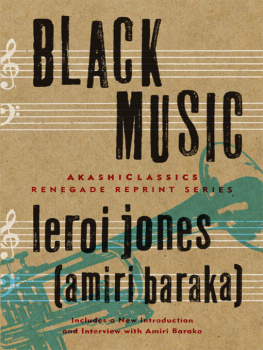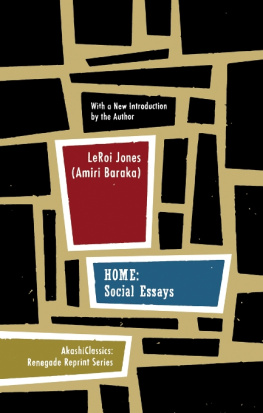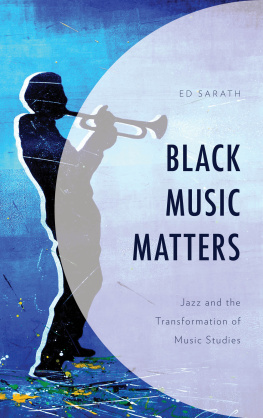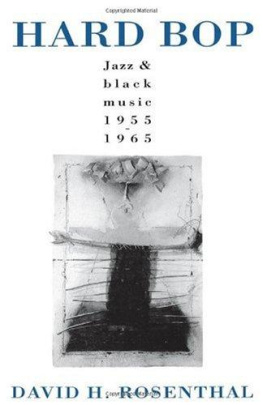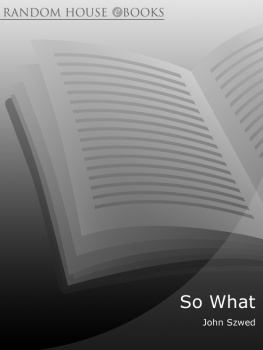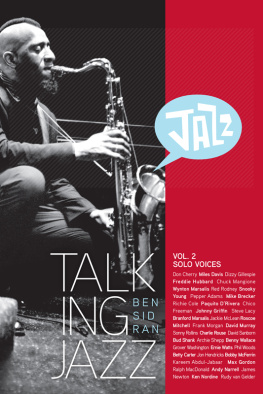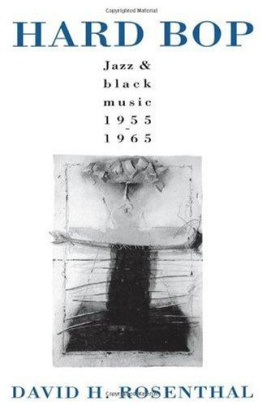Critical Praise for Amiri Barakas
TALES OF THE OUT & THE GONE (2007)
Winner of a PEN/Beyond Margins Award
A New York Times Editors Choice
An Essence Magazine Best Seller
As this new collection of short fiction (most of it previously unpublished) makes clear, the writer formerly known as LeRoi Jones possesses an outtelligence of a high order. Baraka is such a provocateur, so skilled at prodding his perceived enemies (who are legion) in their tender underbellies, that it becomes easy to overlook that he is first and foremost a writer He writes crisp, punchy sentences and has a fine ear for dialogue In his prose as in his poetry, Baraka is at his best a lyrical prophet of despair who transfigures his contentious racial and political views into a transcendent, outtelligent clarity.
NEW YORK TIMES BOOK REVIEW
A marvelously vital and creative mind at work.
LIBRARY JOURNAL
Baraka remains a prodigiously skilled writer. Tales of the Out & the Gone is an apt reminder of Barakas unique ability to touch on politics, race, and identity in a biting vernacular style.
TIME OUT NEW YORK
In his signature politically piercing and poetic staccato style, Baraka offers a perspective on social and political changes and a fresh view of the possibilities that language presents in exploring human passions Fans and newcomers alike will appreciate Barakas breadth of political perspective and passion for storytelling.
BOOKLIST
Barakas ability to load his words with so much artillery results from his understanding of storytelling Though the resolutions are often delivered like gut-shot punch lines, the circumstances behind the varied plots are complex, and are something too few people take the time to confront.
SAN FRANCISCO CHRONICLE
Baraka makes his prose jump with word coiningouttelligent, overstandand one-liners The humor and off-the-wall jaunts tackle real issues of race, otherness, and power with pointed irony.
NEW YORK PRESS
This literary elders work, no matter what genre, has never failed to excite, never failed to elucidate and examine the human condition with scathing insight The books charm lies in its tautness. No words wasted here. Tales commands you to pay close attention, lest you miss a great joke or a heartbreaking truth.
BLACK ISSUES BOOK REVIEW
Baraka unabashedly steps on toes, but does it in such a way that you close the book thanking him for it. He bends the English language to his liking without stopping to explain himself, which is refreshing from both ideological and technical perspectives.
IDAHO STATESMAN
The short fiction here shows controversy is nothing new for the last poet laureate of New Jersey Baraka certainly hasnt gone soft.
TIME OUT CHICAGO
Tales of the Out & the Gone displays Barakas increasing literary playfulness, intellectual exploration, and passion for intuitive abstract language. The book introduces new readers to Barakas groundbreaking and ever-changing style.
EBONY


Published by Akashic Books
Originally published in 1968 by William Morrow & Company, Inc.
Copyright 1959, 1961, 1962, 1963, 1964, 1965, 1966, 1967, 2010 by LeRoi Jones/Amiri Baraka
ePUB ISBN 13: 978-1-936-07072-5
ISBN-13: 978-1-933354-93-4
Library of Congress Control Number: 2009923185
All rights reserved. No part of this book may be reproduced or utilized in any form or by any means, electronic or mechanical, including photocopying, recording or by any information storage and retrieval system, without permission in writing from the Publisher.
Some of the essays in the volume were originally published in an earlier form in the following publications:
Jazz Review, Introducing Wayne Shorter (1959)
Metronome, The Jazz Avant-Garde (1961), A Jazz Great: John Coltrane (1963)
Billie Holiday liner notes, The Dark Lady of the Sonnets (1962)
Kulchur, Introducing Bobby Bradford (1962), Present Perfect (Cecil Taylor) (1962), Cecil Taylor (The World of Cecil Taylor) (1962), Sonny Rollins (Our Man in Jazz) (1964)
Down Beat, Jazz and the White Critic (1963), Recent Monk (1963), A Day with Roy Haynes (1963), New York Loft and Coffee Shop Jazz (1963), Don Cherry (1963), Apple Cores #1 (1964), Apple Cores #2 (1965), New Tenor Archie Shepp Talking (1965), Apple Cores #3 (1966), Apple Cores #4 (1966), Apple Cores #5The Burton Greene Affair (1966), Apple Cores #6 (1966)
Negro Digest, Three Ways to Play the Saxophone (1963)
John Coltrane liner notes, Coltrane Live at Birdland (1964)
Archie Shepp liner notes, Four for Trane (1965)
New Wave in Jazz liner notes, New Black Music (1965)
Sonny Murray liner notes, Sonnys Time Now (1967)
AkashiClassics: Renegade Reprint Series
c/o Akashic Books
PO Box 1456
New York, NY 10009
info@akashicbooks.com
www.akashicbooks.com
For John Coltrane
the heaviest spirit
ALSO FROM AKASHICLASSICS: RENEGADE REPRINT SERIES
Home: Social Essays
by LeRoi Jones (Amiri Baraka)
The Hungered One
short stories by Ed Bullins
T his collection of essays, originally published in 1967, came out of a period of sharp transition, willed & accreted. Like all changesome expected, some past your expectations or even recognition. Moving from quantitative changes until, with the weight of the myriad examples of a new paradigm emerging, a qualitative change, i.e., the broad recognition that, in fact, the new thing had arrived. Especially since what I was to name the jazz Avant-Garde was being called by many The New Thing!
My 1961 essay The Jazz Avant-Garde tried to identify who I thought comprised such a group and why I believed such a naming accurate. But actually this essay served to divide the book (not chronologically, because I had written it earlier than all of the pieces collected here), the first part dealing with the more known but still very dynamic musicians, the next part on those I identified with the new thing. I think Martin Williams was the first to call the music thatwhile we were in the Five Spot digging Ornette Colemans first appearance.
I was writing liner notes and pieces for Down Beat, Metronome, Jazz Review (the newest, the most progressive, the shortest lived), as well for some avant-garde magazines like Ed Dorns Wild Dog and Kulchur, of which I was music editor. For a minute I even had a regular column in Down Beat called Apple Cores. Most of this time I was a leading publicist for who I thought were the most exciting knowns, Sonny Rollins, Miles Davis, Roy Haynes, Billie Holiday, but especially the transporting music of Thelonious Monk and John Coltrane. At one point I lived almost directly over the Five Spot so could check nightly on the mind-blowing, historically awesome combining of postMiles Davis Coltrane and Monk. This is where the new wave is coming from, I was writing, these are the sources of the flood of the new, like Mao said about Revolution, I can see it as a not-so-distant sail on the horizon.
The second section of Black Music begins by profiling the young Turks, the avant-gardists who in my estimation had already begun changing the music. Whats interesting is that in this period, the turmoil of actual revolution was widespread across the planet. Following the success of the Montgomery Bus Boycott at the end of 1956, Fidel Castro marched into Habana on New Years Day 1959; Malcolm X appeared on television in 1960I myself headed to Cuba that same yearwhen the student movement also began in Greensboro, NC as well It is therefore obvious that this world spirit affected the musicians, their music, and its audience.

